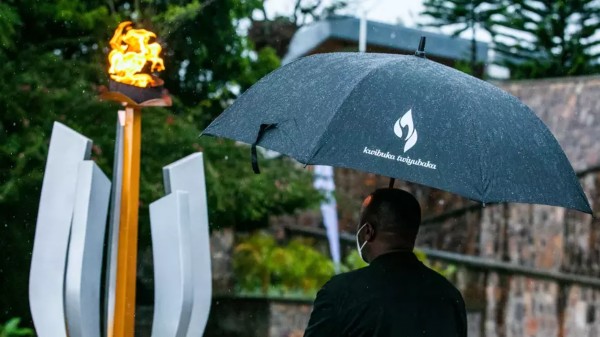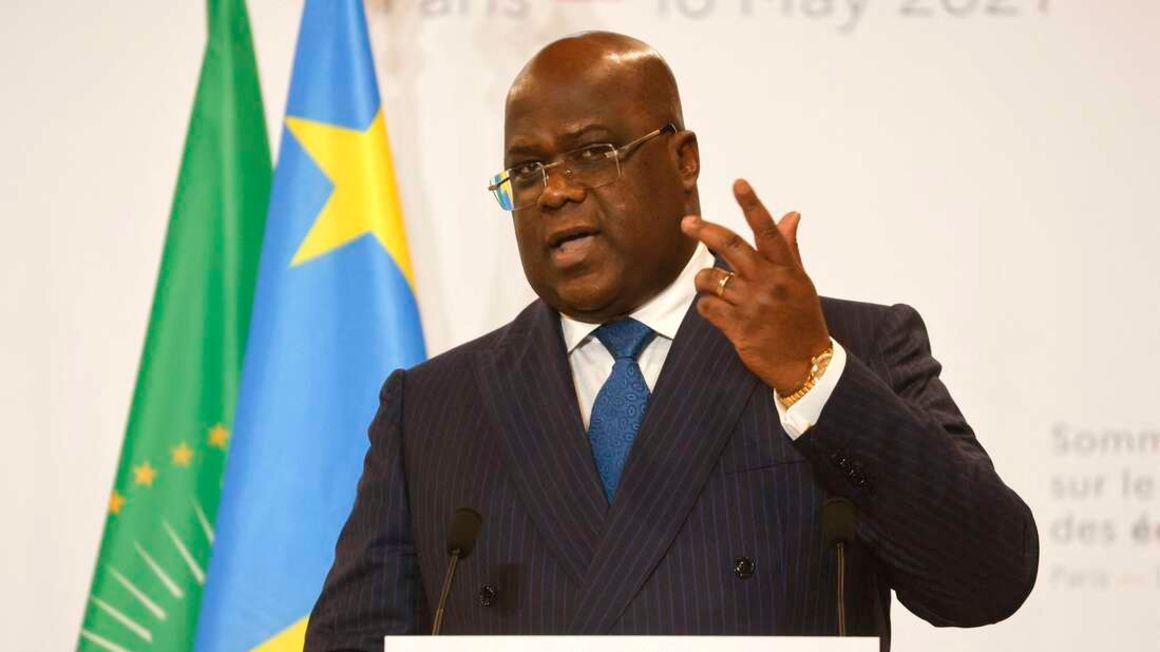Opinion
Debunking media freedom ranking on Rwanda by Reporters without Borders
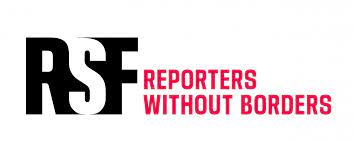
Reporters Sans Frontières (Reporters Without
Borders – RSF) released the World Press Freedom Index for the year 2022, to
coincide with the World Press Freedom celebrated annually on May 3. Rwanda was
ranked 136 out of 180 countries, moving 20 places up from 156 in 2021, with a
global score of 45.18.
Ironically, when one reads the report on Rwanda,
it is puzzling to know how the country was able to move 20 places up, when
nothing good in Rwanda media sector development was recorded. Secondly, the
methodology used by RSF is highly questionable due to the fact that all
countries are not accessed using the same indicators.
More intriguing is how RSF collects data which is
neither scientific nor logical. For any credible institution worth the name
that carries out research in any given field, it is common practice that the
researchers go to the field where research is being carried out. Since October
10, 2001, no staffers of RSF have set foot in Rwanda. So, how does RSF claim to
have credible information and data on Rwanda?
The methodology used to collect information from
Rwanda is more of a covert operation by RSF that serves a political agenda
rather than research work on media freedom. What is known is that RSF sends
questionnaires to specific few informers in the country particularly those who
have negative views about the government. Can such people be objective?
On media landscape, RSF states that, “beaten down by decades
of oppression, the Rwandan media landscape is one of the poorest in Africa. TV
channels are controlled by the government or by owners who are members of the
ruling party. Most radio stations concentrate on music and sports to avoid
problems…”
These claims are
nothing but naked lies. One wonders if being a media owner and belonging to the
ruling party is a crime, or whether media in other countries is owned and
controlled by the opposition. This reminds me when a European mentioned to me that
the interactive programs in Rwanda are conducted in the local language
(Kinyarwanda) and therefore foreigners do not understand. When I asked him
whether Rwandan media should serve interests of foreigners, or Rwandans, the
answer did not come by. We simply shifted to another topic.
It
is an open secret that RSF hides behind media freedom to serve a political
agenda against Rwanda and the person of President Paul Kagame. One RSF report says that, “Paul Kagame’s reelection for a fifth term in August 2017
reinforced the regime’s authoritarianism and censorship. Media owners must
pledge allegiance to the government, and many journalists have been forced to
attend a patriotism programme or become members of the ruling party. The
authorities can intervene directly to fire those who resist.”
Again RSF makes unfounded wild claims that have no truth
whatsoever. However, the bad feeling about the re-election of President Kagame
in 2017, reflects a Western agenda which RSF serves, that has tried for years
in vain, to see regime change in Rwanda. Rwandans still want Kagame as their President
because he has done miracles to raise Rwanda from the ashes.
The patriotism programme mentioned refers to Itorero (civic
education) which is not attended by journalists only but all Rwandans from
various sectors and it is voluntary. But even if it was mandatory, there would
be no crime. National Services are mandatory
in many Western countries yet RSF does not point fingures. Why would a similar programme be an issue
when done in Rwanda?
It is a shameful lie to say that the ruling party RPF recruits
members forcefully. Belonging to the ruling party that liberate the country and
stopped the 1994 Genocide against the Tutsi is a privilege.
On the safety of journalists, RSF conveniently brings out cases
of 1996 (24 years ago) yet, the media freedom index in question would be
focused on what happened in the year 2021.
This is specifically done on Rwanda alone, which shows RSF’s double
standards, and bias.
What is more disturbing is the assertion that President Kagame
exploits the collective memory of the role of media in the Genocide against the
Tutsi to crack down on media.
“To justify his control over the media since taking power, Paul
Kagame exploits Rwanda’s collective memory of the 1994 genocide, an era when
the media stirred up racial hatred,” RSF shamelessly says.
This is not only an insult to the person of President Kagame who
stopped the genocide, but also an act of
opening wounds of Genocide that are
still fresh in the hearts of the Rwandan
society and dancing on the graves of more than one million victims. It is insensitive and inhuman.
Can RSF say the same thing about the holocaust?
No wonder that in 2001, RSF advocated for the release of
journalists who were in prison on genocide related offenses disregarding the
gravity of their charges.
What RSF knows and conveniently decides to sweep under the
carpet, is that Rwanda is one of the countries in Africa that carries out
comprehensive research every two years and publishes Rwanda media barometer
(RMB) that gauges the state of media development in the country. The RMB uses
internationally accepted indicators and makes recommendations aimed at
improving the media sector including media freedom and safety of journalists.
The findings are made public and RSF can find them on the website of Rwanda Governance
Board which conducts the research.
The media freedom ranking by RSF on Rwanda is therefore flawed
and political in nature.
In recent years, RSF has not officially contacted any
institution in Rwanda that deals with media development. If RSF could present
findings that challenge RMB indicators, this would be a welcome approach that
can help the two sides to engage.
Here are a few of Rwanda Media Barometer findings for the year
2021 that give a picture of the state of media in Rwanda, different from the RSF publication. Media Freedom stands at 93.7 per
cent.
Journalists right to protect their sources scored 93.3%, freedom
of expression 86.4%, access to information 77.8%, and promotion of diversity of
media 88.2%. There are critical areas as well that still need to improve like
journalists compliance with professional standards which rates at 57.3%, and a
few others.
The media industry in Rwanda is growing and facing challenges
like any other countries especially on profitability due to the digital age
disruption.
Hate speech online or through social media is on the increase
and Rwanda knows better that tolerance of hate media led to genocide against
the Tutsi. RSF can say what they want, but the fact is that majority Rwandans
rate their President and the media performance with the highest ranking.


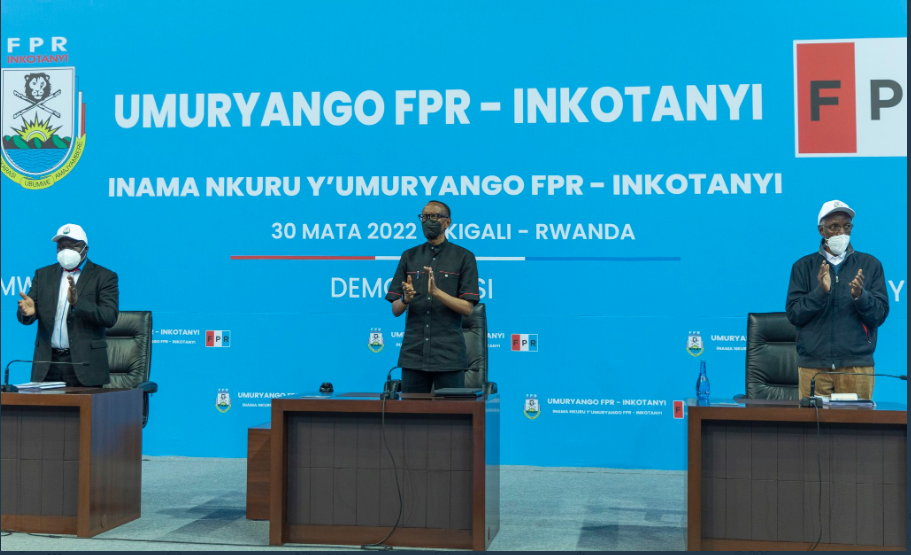
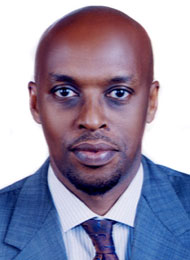
.jpg-20220425091950000000.jpg)
